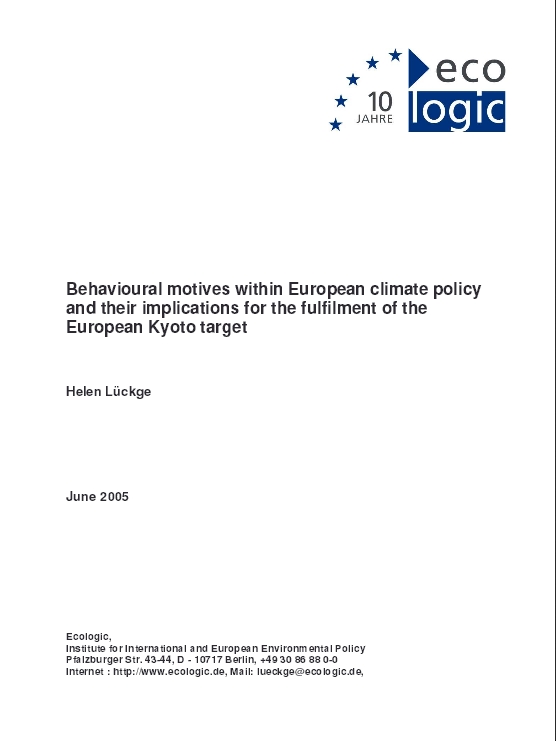Event:Dinner Dialogue
Event:Conference
Publication:Report
Project
Presentation:Speech
Presentation:Speech
Project:FP 6
Event:Workshop
Event:Dinner Dialogue
Presentation:Lecture
